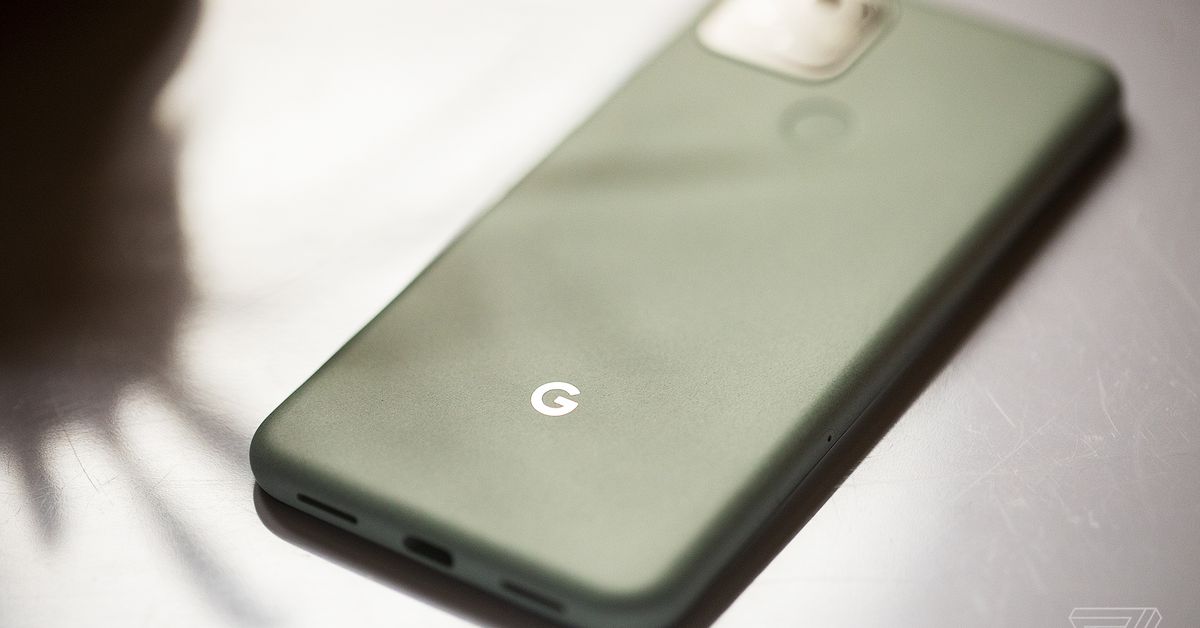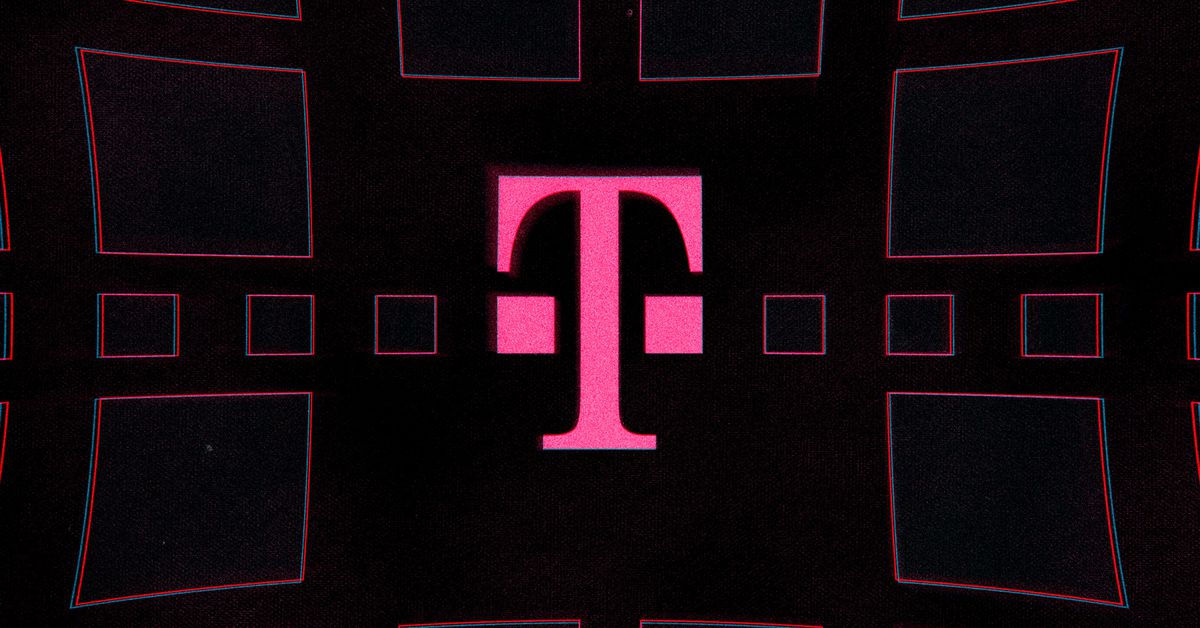A Google Fi user in Hawaii received a couple text messages Monday night wishing him a happy Easter. The problem is, those messages had been sent on Easter Sunday, but only made it through more than a day later.
Google is now informing Fi users who receive text messages through Hangouts that messages sent to them may have gone missing between March 31st and April 5th. The company said there was a service “interruption” that impacted “a small number of people.” Google says it has now resolved the issue and is sending through the delayed messages. Missing messages should appear in Hangouts by the end of today, April 7th.
Google has now disabled texting from Hangouts
Fi users have for years been able to send and receive calls and messages through Hangouts, but Google announced plans years ago to strip those features out as it transitioned Hangouts into yet another Google communications app. The features appear to have been disabled within the last week.
But the interruption occurred before the service was fully shut down, and so Google is still working to patch the delayed messages through to Hangouts. A Google spokesperson confirmed the service interruption to The Verge and said affected users are being contacted. SMS messages will be delivered to Messages by Google or another default messaging app going forward.
Delayed messages can cause real problems for senders and receivers. In November 2019, more than 168,000 messages were delivered that had originally been sent on Valentine’s Day 2019, nine months earlier. People received confusing, context-free messages — in some cases, messages came through from people who had died in the months between. The issue was caused by a server failure at Syniverse, a firm that routes text messages between carriers.
Google has been in the process of shutting down Hangouts for years, so it’s possible there weren’t many users left using the service in conjunction with Fi. Even the Fi user in Hawaii — who, full disclosure, is a friend of mine — said they knew they should have switched a while ago and decided not to.
“I intentionally put myself in this spot,” Jason Bennett, who received the delayed Easter messages, told The Verge. “I wanted to see what happened when it went offline.”




